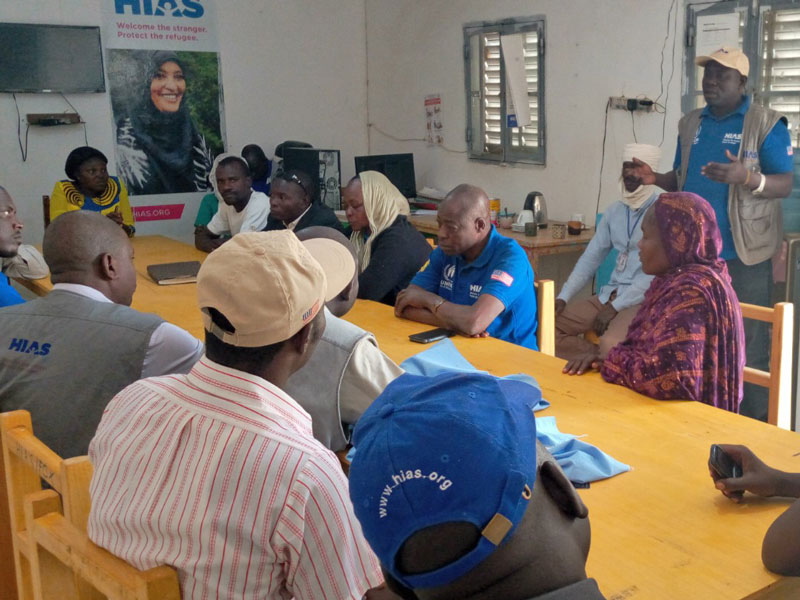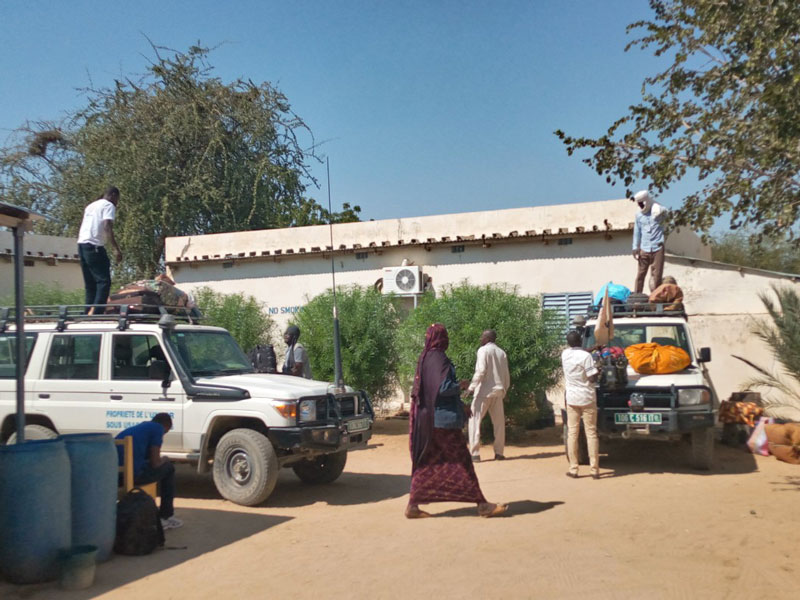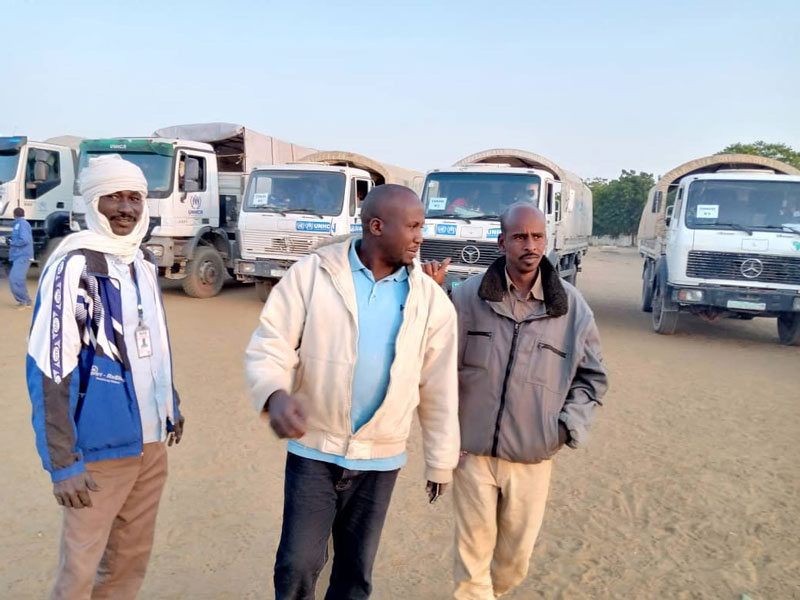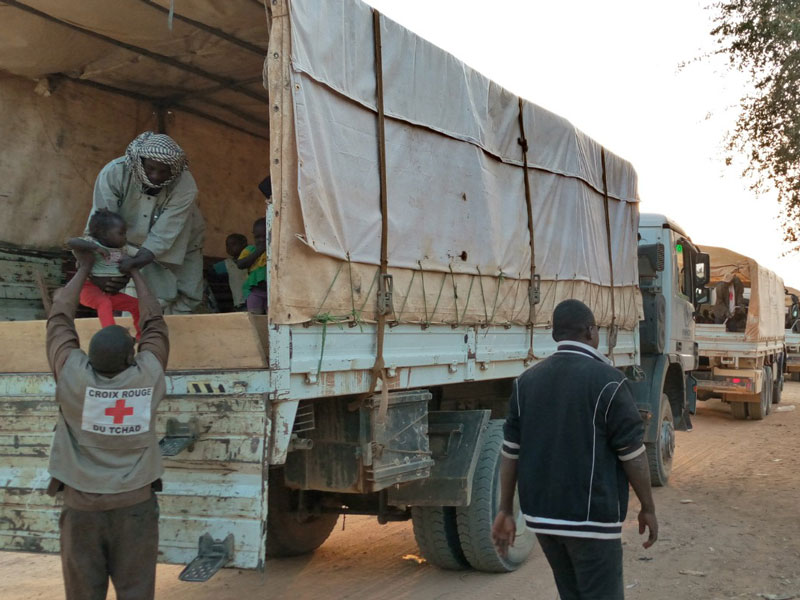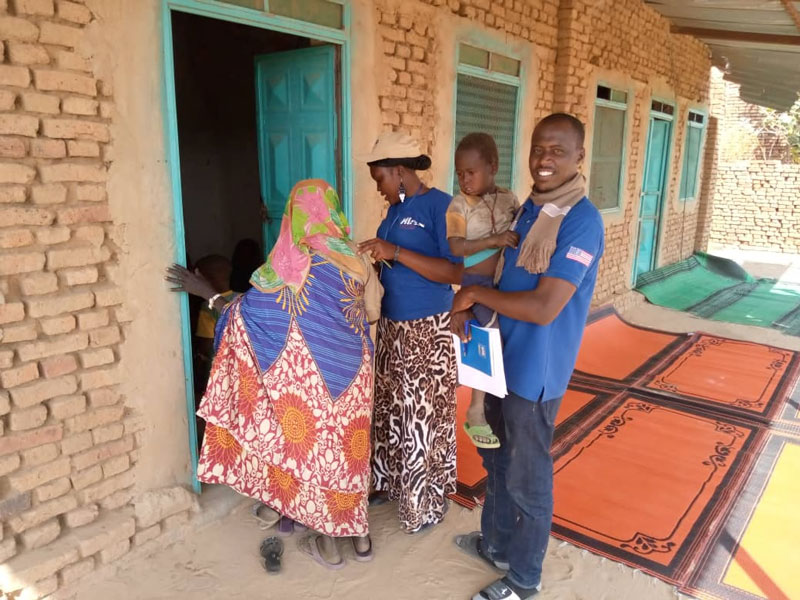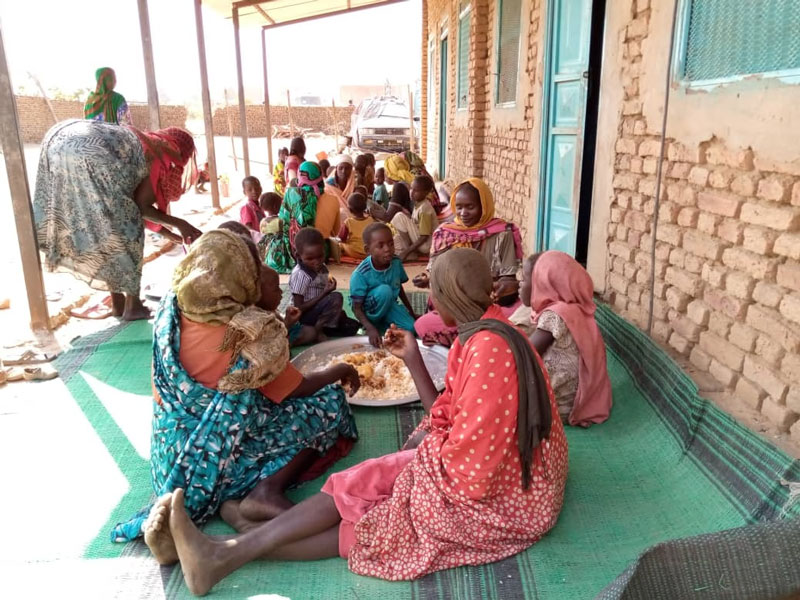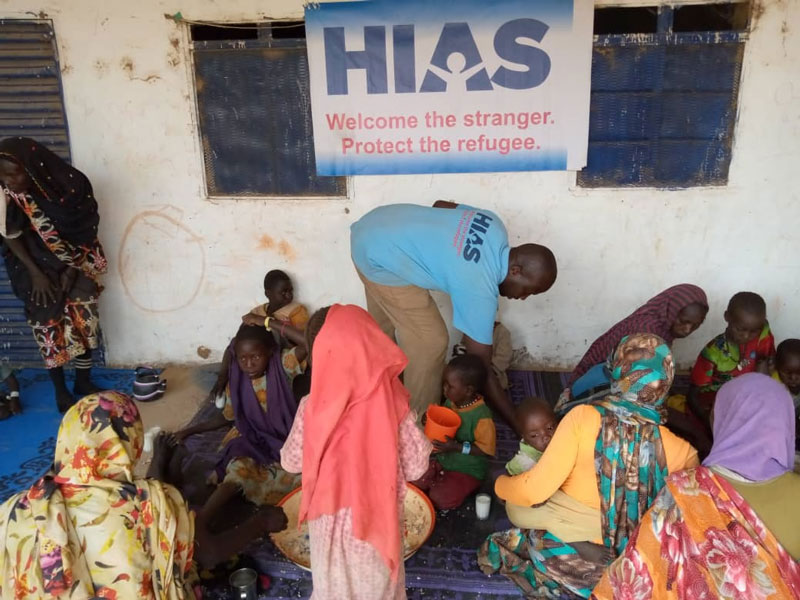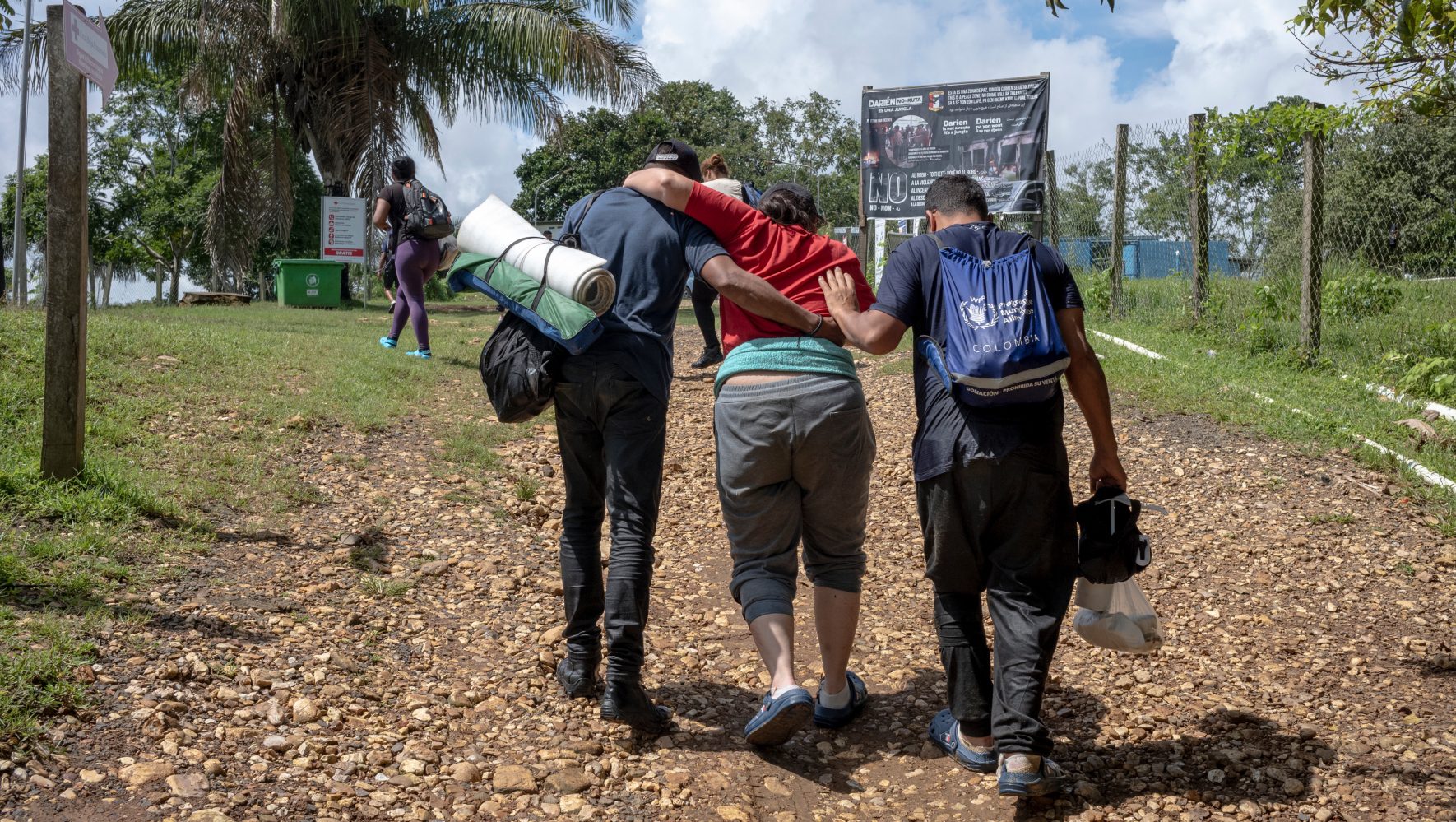Emergency in Sudan Prompts Rapid Response by HIAS Chad
By Sharon Samber, HIAS.org
Mar 02, 2020
The situation is a tragic reminder of the violence that continues in Darfur.
HIAS Chad has, for the last 15 years, responded to the needs of the Darfuri refugees who fled the genocide that raged in Sudan, killing over 350,000 individuals and displacing millions. In the last three months more than 16,000 refugees have poured over the border due to renewed inter-ethnic violence.
The refugees initially arrived in Adré, located in Ouaiddai Province on Chad's eastern border with Sudan, and quickly overwhelmed Provincial authorities’ efforts to help. The Ouaiddai Provincial authorities appealed to UNHCR and other humanitarian agencies for assistance. HIAS staff rapidly responded by dispatching staff and life-saving supplies including food, and core relief items. HIAS staff provided psychological first aid and counseling to help address the trauma endured by the refugees.
Reports from staff on the ground were dire. “Back in Sudan, there were burning houses and people feared more attacks, so they just crossed the border and HIAS met them,” said HIAS Chad Country Director Roch Souabedet. “HIAS staff was suddenly trying to help thousands of refugees.”
UNHCR and the Chad government (CNARR is the Chadian government’s refugee bureau), requested assistance from HIAS and other partners. HIAS has supported relocating refugees away from the border to a safer location at the newly established Kouchaguine-Mourra camp, near Abeche. HIAS staff continue to play a critical role in ensuring refugees are welcomed, safe and are building peaceful relationships with nearby communities.
“HIAS was asked to be a partner in the camp, providing food and psychosocial services,” Souabedet said. Currently, HIAS has 22 staff posted to Camp Kouchaguine-Mourra and continuing to work in Adré to assist with the response efforts as refugees continue to arrive.
Many of HIAS Chad’s current staff have been serving the Darfuri genocide survivors for years. This recent spate of violence and resulting influx only serves as a reminder that the conditions in Darfur are not conducive for people to return.
HIAS Chad’s ability to mobilize and engage in this emergency response effort at the border, while simultaneously continuing to provide assistance to the protracted population in the 13 other sites in eastern Chad, is because of the dedication and preparedness of its staff and its recognized long-standing work with the Darfuri population.
